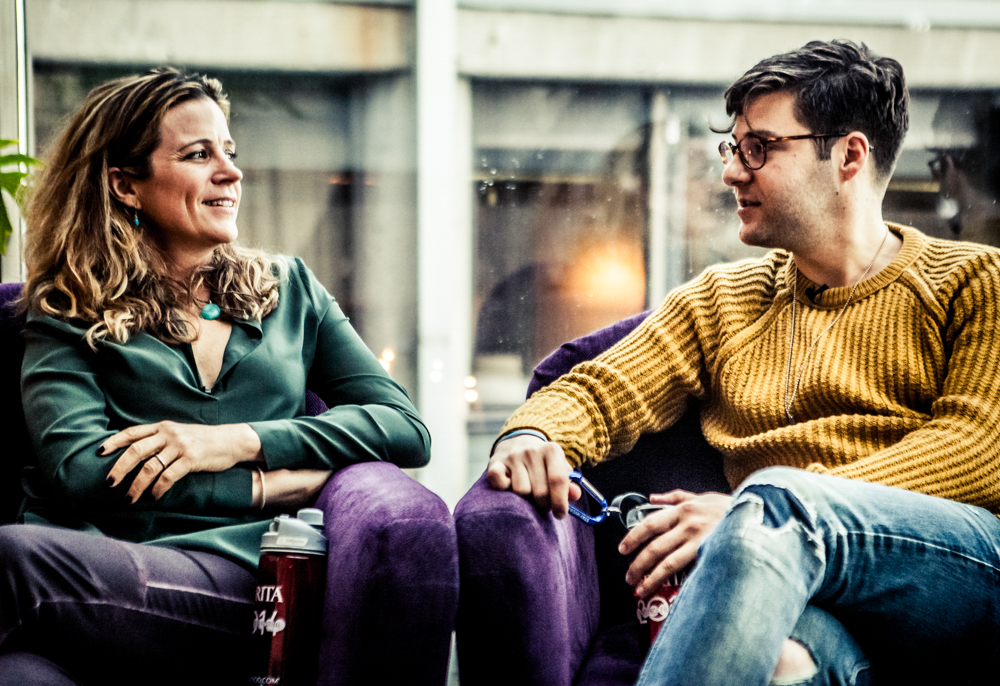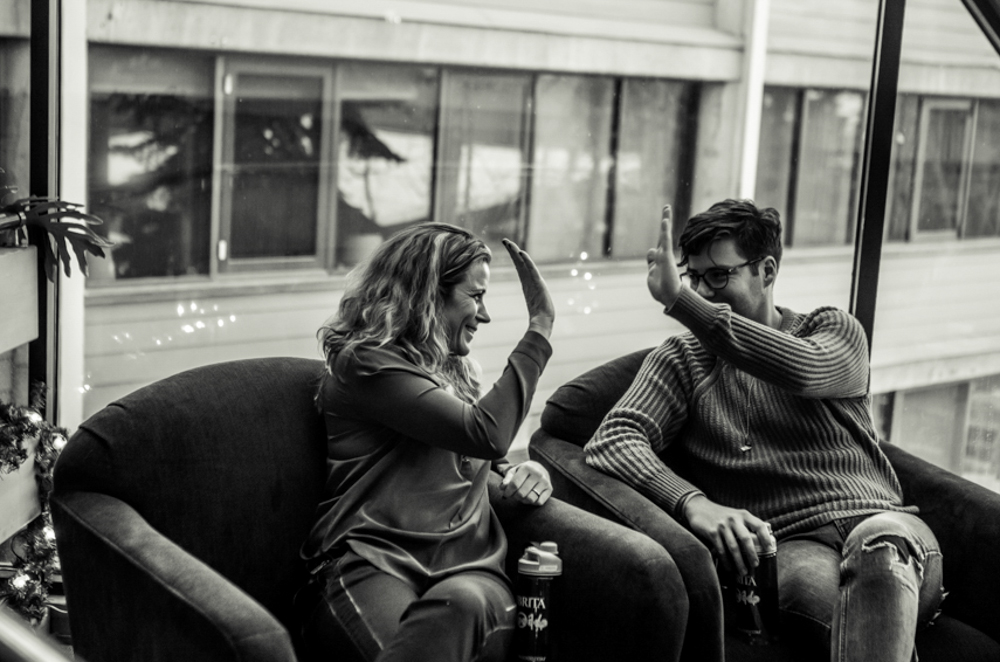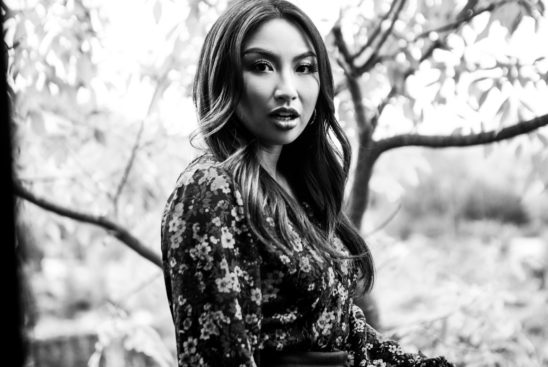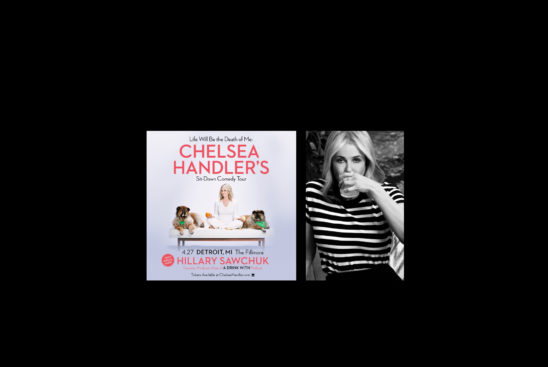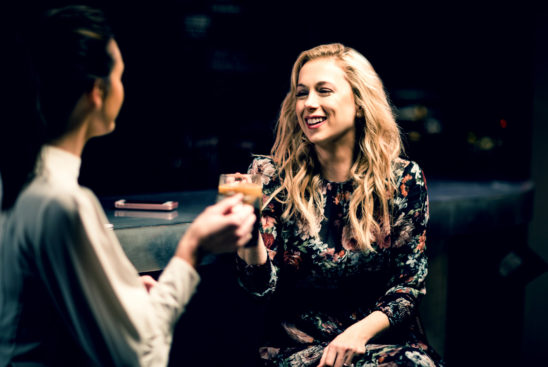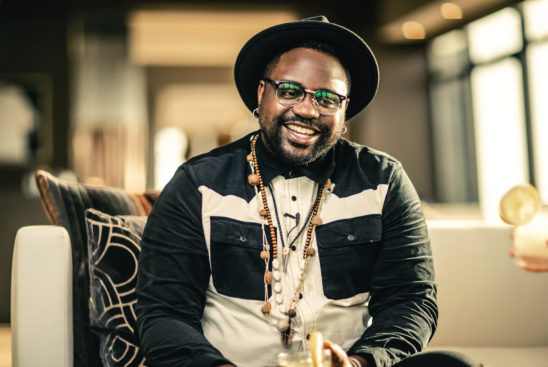How did you celebrate when you heard the news that your film was accepted into Sundance Film Festival?
Andrew Droz Palermo: I was in Poland at the time and I got a text message from Tracy saying that we got in. I thought, “Oh my God, are you serious?” I couldn’t actually call anyone because I didn’t have international calling. I told my translator but he didn’t really seem to understand how important it was. He wasn’t like, “Yeah! Let’s go get some vodka!” He was kind of just like, “Cool.”
Tracy Droz Tragos: Right after I called Andrew in Poland my mother was the second call I made. I had to say, “Mom, you have to understand! It’s like the Olympics of independent film.”
How does it feel to have one of the 16 films chosen for the U.S. Documentary Competition?
Tracy: I got up at 4:30 this morning. We’ve been sleeping like crap. I mean, this is our world premiere!
Andrew: There is true anxiety about the reception of it and how much work we put into it but I’m also very excited to share it with people and to finally hear what they think. I think that people are really going to fall in love with these boys in the same ways that we did.
“Rich Hill” documents the lives and struggles of three boys growing up in your parents’ rural hometown of Rich Hill, Missouri.
Tracy: We really wanted to sit back and let them be the authors of their story and tell us about their experience. We spent a whole year and a half with them, we had 450 hours of footage. In that context you could probably shape it to be almost whatever you want it to be and some of that certainly could be very sensational but that was not what we wanted to do.
During the casting process, how did you decide who would be a good fit to follow for the film?
Andrew: There was a moment for each kid. For Andrew, we met him in the park but it was really when we went home with him and he was just so loving to his mother. He would grab her and say, “I love my mother!” and he was not afraid of doing that in front of us. I think we were both so touched by that. It was very clear that he was a special kid and he’d be hard to not love if you saw him on-screen.
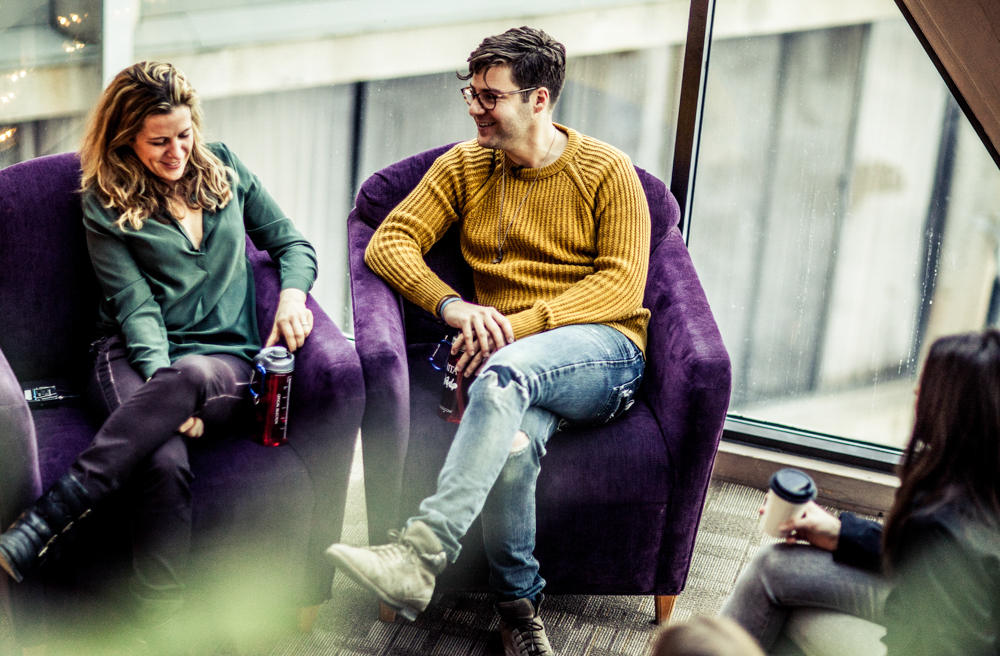
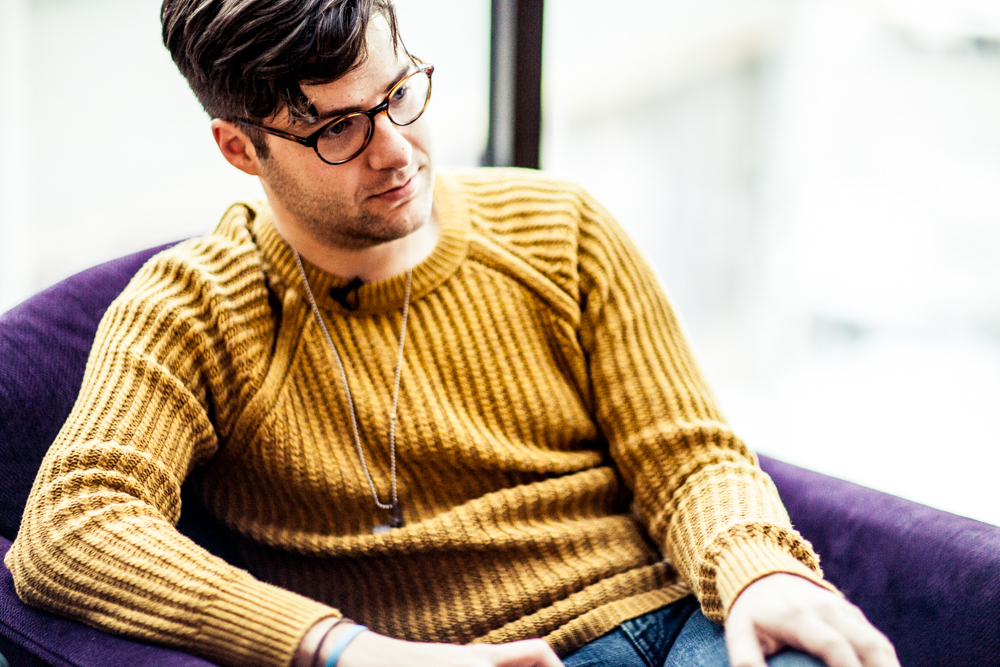
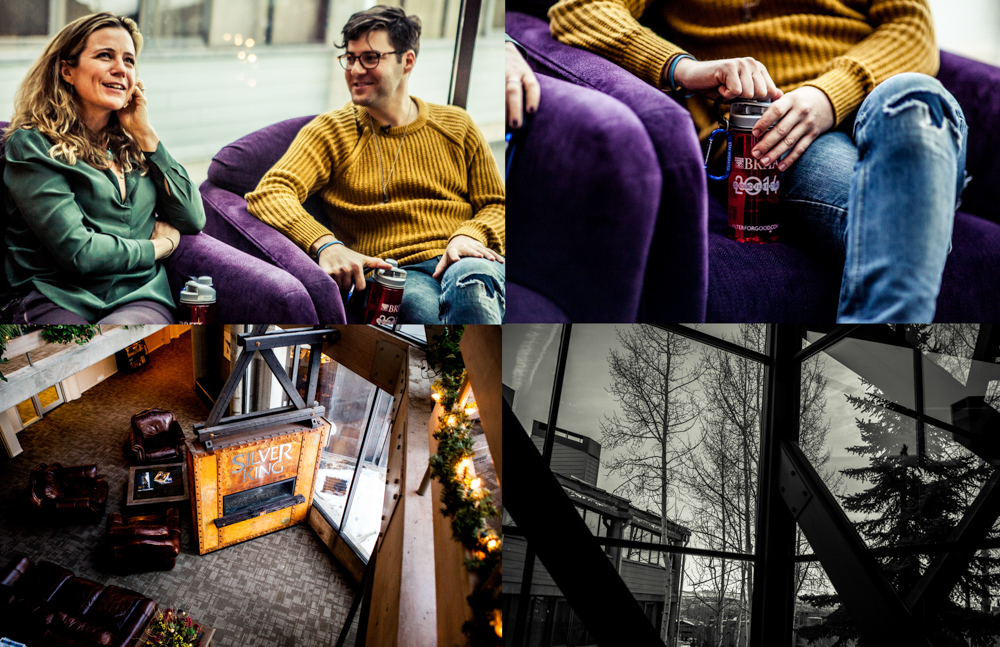
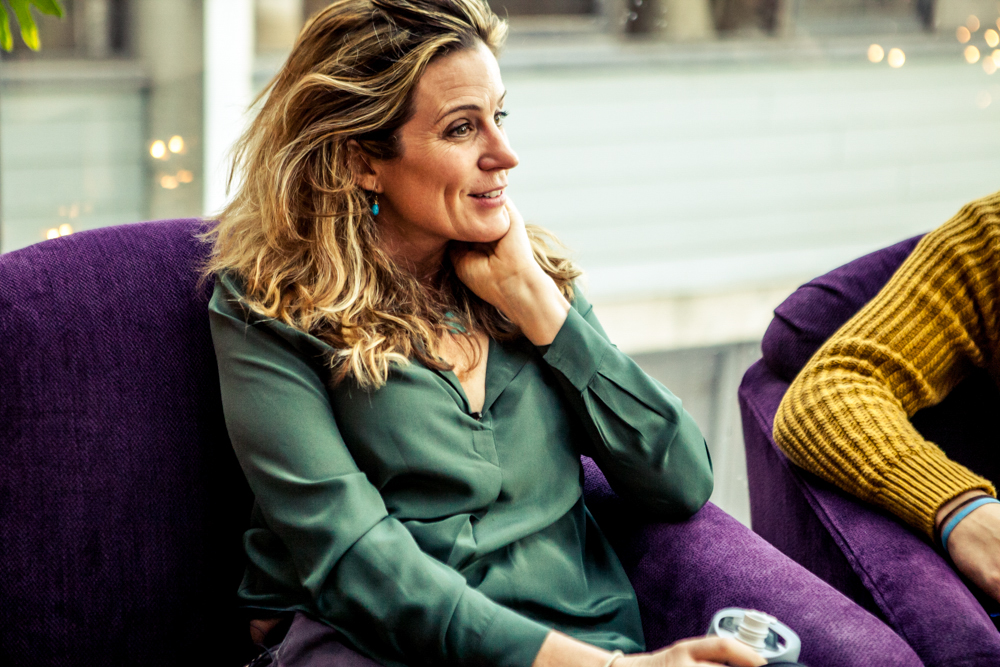
When capturing real emotions on film, do you go through the same emotions with them?
Tracy: We both do. They were facing significant challenges on top of just the drama of growing up, it’s intense. We would go home at the end of the day or night and there was often a decompression period depending upon what had happened. There were also a lot joys and times where we would just laugh and laugh.
How did your view of the town evolve over the course of filming?
Tracy: I think at first we thought perhaps the documentary was more personally motivated. We wanted to understand so we went there, we talked to a lot of people and we shot a lot but pretty quickly we understood that this was more than just a personal film. This was something that was more important and more significant partly because of the circumstances that these kids were facing. I also felt there was a responsibility that came with it.
Andrew: That’s a good question. My view stayed pretty consistent. I may have underestimated how small the town was even though I knew it was a very small place. It took on its own life very quickly though, it wasn’t about us anymore. Having the history we had with the place helped us film places that maybe would have been harder if we were just strangers to the community.
Was everyone from the town of Rich Hill receptive to the camera crews coming in?
Andrew: For the most part. There was some backlash in a way with people wondering why we were following these particular kids. And that to us was a very sensitive question. I personally found that offensive like, what do you mean? This kid is just as good as any kid, is he not? That was shocking to me to hear adults we knew in the community say something like that.
What are you most proud of now that the film has made it here to Park City?
Tracy: I’m just so proud to be here and that we did it. It seemed to be down to the wire but we’re here and we finished this film Submitting your film to the Sundance Film Festival is a deadline that anyone as a filmmaker, if they’re honest, always has on their calendar. Whether they’re ready or not they’re going to try and meet it.
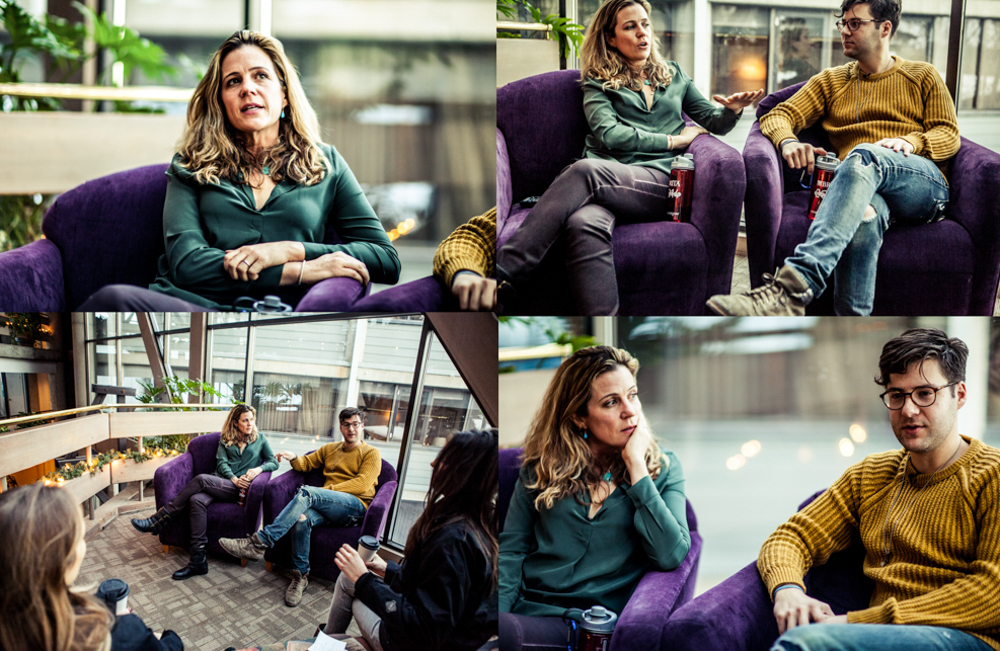
What’s something that people don’t know goes on behind the scenes of making a documentary?
Andrew: Just a lot of unsexy things.
Tracy: That’s true. It’s so much work, it’s so hard. You cobble together the funds and there are a lot of lean times before the grants come in. It’s really about how you keep going despite the ebbs and flows of funding.
Was it exciting seeing funds come in through Kickstarter?
Tracy: That was really rewarding.What everyone says about Kickstarter is true, you really are building a community. There are people that are really looking forward to this film and supporting it. One of our Kickstarter donors is picking up tickets to the premiere, that was one of her perks and she is so excited. She’s out here from Tennessee.
Andrew: It’s like a cheerleading squad in a way. Before the film is even out you have these 400 or 500 people who are excited about it. We put them in the credits too, it’s like five columns that keep going and going.
If you could have a drink with anyone at the festival this year, who would it be?
Andrew: My first thought is that I feel very grateful for what Rob Redford has built here, hugely grateful. They have been incredibly supportive from the beginning of this film. But at the same time I’d also love to see some of my friends that are here who I feel like I’m not going to be able to [have the time to] see.
Tracy: We see Sundance as an opportunity to think about the next project so I certainly hope to meet people and continue conversations about working in the future. It’s hard to have a sustainable career in independent film. We would love commercial representation so I think we’d want to have a drink with people that can help us with that.
Did you enjoy this feature? Subscribe to our newsletter and never miss a drink, we promise we’ll never spam you!

